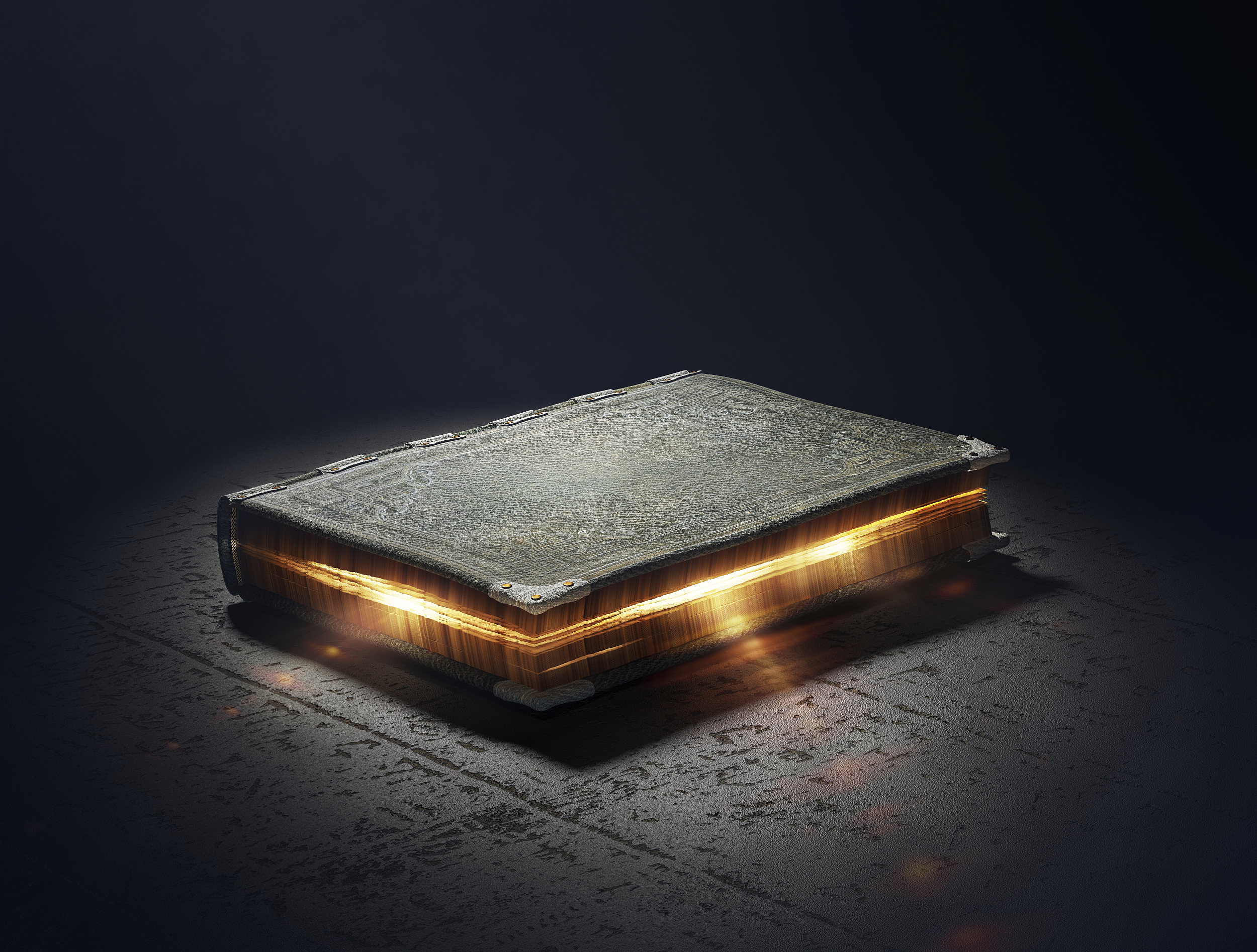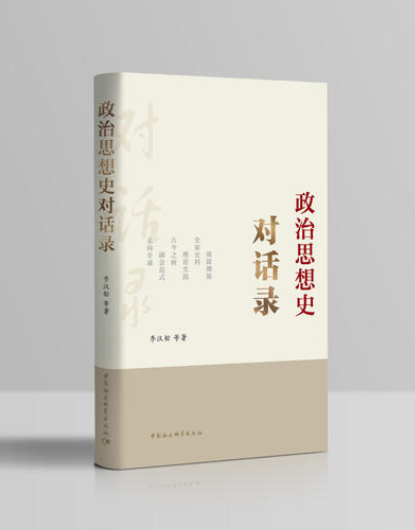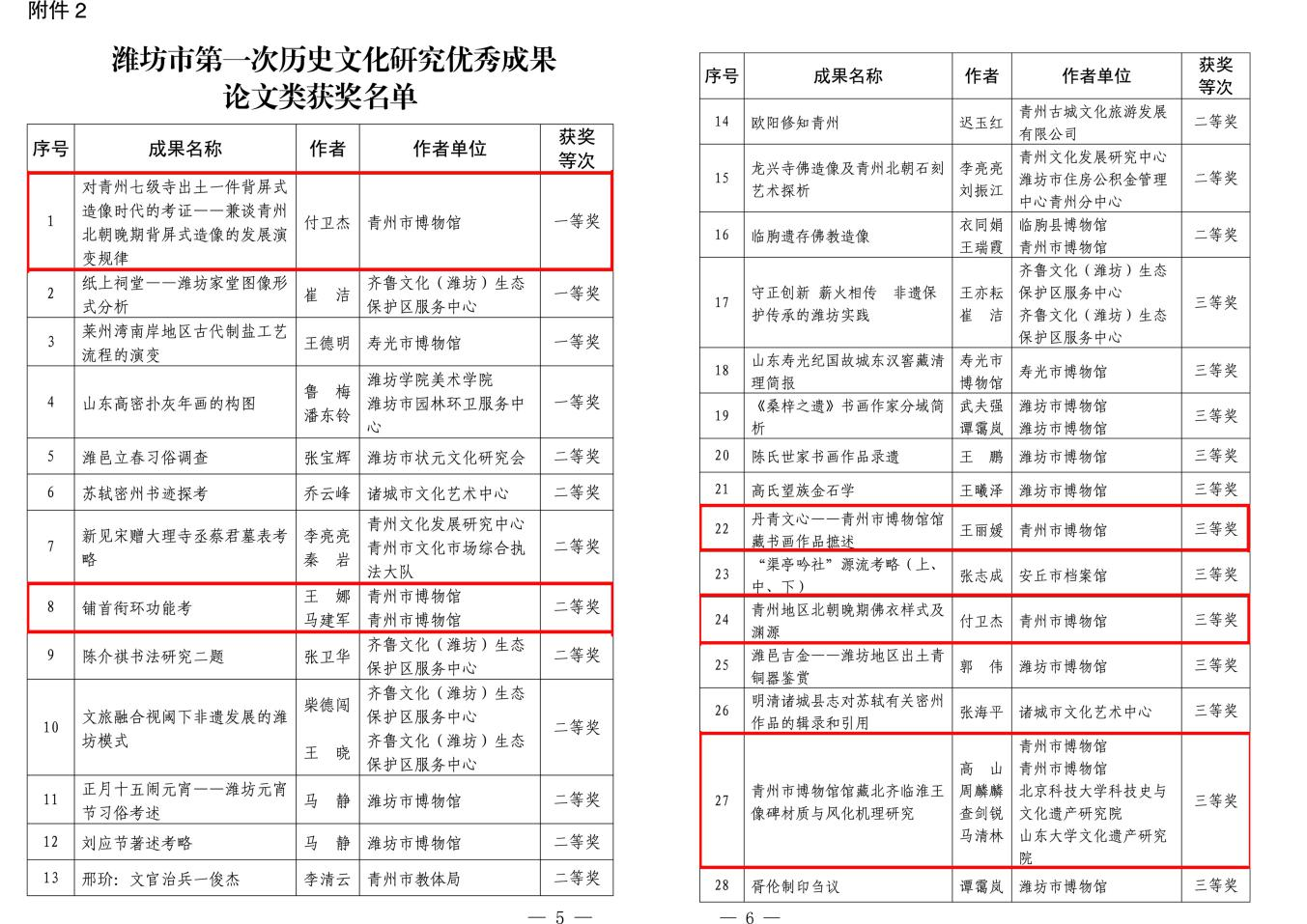Reading | Li Hongtu: How to learn to dialog
Author:Report Time:2022.08.19

(Source: Visual China)
The heat in August is irritable. At this time, when I read the "Dialogue of the History of Political Thoughts" edited by the scholar Li Hansong, it was like a cool wind blowing, and it felt a little bit hot. In addition to congratulations, I also deeply feel that the publishing of this book has the significance of the history of ideological history. Its value, as the author said, this book is a record and paradigm, context and spectrum, context and contention, vision and care dialogue, which comprehensively discuss the history of political thought, covering many genres and traditions, time and regions, texts and texts, and Language, individual and group. The book contains the dialogue between the author and the 24 important thinkers, crossing the fields of political theory, political philosophy, critical theory, cultural and ideological history, etc., and concentrated the relationship between many ideological genres and research channels: Cambridge ideological history, Italy, Italy Micro History School, Steraus School, Frankfurt School, Berkeley School; compare the political history, marine history, war history, music history, international history, classical, Chinese and literature, conceptual analysis and psychological analysis politics Connotation; looking at the past and status quo of thoughts such as republican, democratic theory, socialism, conservativeism. The dialogue is a representative figure in various fields, from Britain, the United States, France, Germany, Greece, Italy, Turkey, India. Learning and modern society theory. Each dialogue focuses on the three groups of tension and balance: one is to explain the internal logic of specific texts and the internal logic of thinkers and the long -term political history of political thought; Their standardized proposal; third, the spontaneous reflection and supplement of scholars and the author's conscious questioning, criticism and development. Therefore, between these tensions, there are two "rational" intertwined in dialogue, which is also the meaning of the word "dialogue".
Indeed, this book is the result of Li Hansong's hard work over the years. In order to interview these international first -class scholars, Hankong made academic preparations in advance, and ran into the world from all over the world, and then translated and organized. This book records a number of international first -class ideological historians academic opinions. From their insights, they can glimpse the latest developments, different research orientations and paradigms in the current academic community. Its academic value does not need to say more. In my opinion, in addition to these visible academic values, another significance of this book seems to be more clearly expressed here. The exchanges above, and the unique style of different scholars showing the different scholars present. Reading this book can be seen that this book is not only the diversity of topics, but also includes different thinking of these scholars, and even criticizing the existing views of the academic community. From this, you can see the good academic ecology of the academic community, a kind of competitive academic spirit.
Because there are many communication with foreign scholars, this trait often makes me think about why they can always maintain an academic vitality and create a academic ecology that criticize each other. In my opinion, this is related to the inner spirit of Western culture. As the famous historian Buck Hart said, "harmony comes from disagreement" -y means stability and harmony in conflict and confrontation. For example, with capitalism, there is a socialist existence of critical capitalism, rationalism of enlightenment thoughts, and a romantic trend of romanticism, and so on. It can be said that in this sense, the most important characteristic of Western culture is daring to doubt and criticize, and the existence of specialty and uniqueness must not be allowed. There are always differences of differences, or even opposition. In this regard, French scholar Clood Delma also pointed out: "European culture is a big stage for various opposite thoughts and ideals. In principle, any conflict (or war), and its continuation They all symbolize the vitality of Europe, rather than marking its decline; —— Because any ideological genre cannot establish its dominant position for a long time, there is no absolute power in Europe, which is enough to fix a series of fixed. Action guidelines, forcibly add individuals or collectives. Any belief and principles will tolerate exceptions and allow reservations -just as the basic specifications of moral and knowledge are relative. "
It is precisely because of a rational dialogue that it means that there is a kind of tolerance, an equality, no dedication, and the authority of only me. It can be said that a healthy society can make allows and can dialogue. But at the moment, as James Hanskins said in the preface of this book, looking at the world, no matter which space is, we will find that "tolerance" is becoming more and more difficult. We live in an era of thinking. Perhaps this is the commonality of all times, after all, humans are group animals. But in today's West, we seem to have entered an era when literati and philosophers cannot be freely expressed. This has occurred in Western history, such as the early religious war in modern times, full of doctrines, loyalty, punishment laws, heresy referees, and belief trials. After experiencing ideology, Western society tries to be more human and tolerant, and it is less than that of its own insights and confidence. It is also inclined to acknowledge that it may have reasonable ethics and political beliefs outside the mainstream elite. However, for decades, the gentle voice in Western academic colleges has gradually been suppressed. What worsen the snow was that these sounds were affected by liberal failure. In our time, this failure is mainly reflected in the unspeakable and special ethical standards, the increasing corruption of the elite, and the indifference to the public welfare. On the surface, this situation is a puzzling paradox. How can the society that promises to be free in form has become a fortress of ideological domestication? But as Tocqueville pointed out two centuries: in a society that seems more politically freedom, the forces of single ideas are more powerful. What should we do in this worrying moment? Perhaps reviewing history, thinking about history, especially the history of the development and evolution of ideas and concepts will be enlightened. In this regard, what needs to be explained is that history is inspired by us, not just "learning from history." As John Dann said in the preface of this book: Only stupid people believe that it can help us learn from history. As a kind of person holding a pessimistic position, he believes that we do not learn from history, and in fact we have not learned anything from history. I agree with this view. In fact, our study history is the function of history, but this reference does not refer to finding various problems or dilemma we encountered today. The function of realism is the ability to improve our rational reflection ability and critical thinking through the learning of history. For example, the representative figure of the "Cambridge School" Kun Ting Skinner took the research of ideological history as an example -I think this is also connected with the entire historical research -trying to find a way to solve our problems from the history of thought, It is not only a methodology error, but also a moral error to some extent. From the past to understand what is inevitable, what is the random consequences of our own specific arrangements are one of the important ways to get self -knowledge. He also said that the historian can help people understand how long -term value concepts are highlighted in our lifestyle today, and we think about these values today, and reflect on what we have made in different time in different times we have made. A series of options. This understanding can help us liberate from the control of these value concepts, and help us re -understand them, thereby helping us rebuild our own value concept. Therefore, in Skinner's view, we did not directly learn from history to solve the problems in our practice. We just want everyone to know why people make such choices in that history, and that choice is interactive. Product of the game. Therefore, if we can show the complexity of history, we can give us an inspiration. American scholar Torranus Ball also said, who we are, what we are, and how we arrange, classify and think about our world, and how we act on the argument and rhetoric of our established language. Restriction of sexual resources.
(Source: Visual China)

And this view of history emphasizes the understanding of the relationship between history and people, and attaches importance to the game behind the historical process. In fact, it is to emphasize understanding people's actions, understanding people's practical behavior, and motivation, intent, and results after the operation. Thinking from this, what are the conditions for supporting participants? What is its historical context and social restrictions? Examine how these historical figures make this choice? Therefore, we do n’t just see the results of history, see politicians or a group, and do n’t choose such a choice, and often lament that if you choose this way. In fact, we need to analyze what the conditions for supporting their actions are. In other words, we must not only pay attention to the "action itself" of the actor, but also need to examine what conditions the actor can act according to what conditions and think about supporting various elements of his actions. This is the "historical conditions" that are usually referred to. If you do not examine these contents, you will not understand the action and the results of the "action" research, nor can it be understood that the history itself can have the possibility of developing to a variety of path development, not or not Uniqueness.
When we start such an analysis, we say that we study history for insight into history. Similarly, only by understanding history is only the result of people's actions. It has diversity and proactiveness. Obtain resources and transform into practical actions to participate in reality. Therefore, history is not simple to learn from history and read history, but let us establish such a concept -since "history" is the result of a person's action choice and game. Therefore, how to create "history" is It depends on our people's practice and actions today. I can call this historical outlook on "the view of action -type history", rather than a negative reference. Under this view of history, emphasizing people's actions, the choice and game of mutual mutual. Since it is a action, people are based on a rational, or sometimes unreasonable, that is, based on emotional, attitude, values, and intentions, these elements have become the object of historical research; Similarly, a mutual game means that people who hold different values can act in their own way, express, and talk, which is also reflected in the possibility of free action, that is, no matter in what sense, It is said that the scope of people's free actions exists, and the essence is that people are free. People have the right to perform practical activities and have the conditions for dialogue; second, the channels for participating in social practice are spacious and smooth, existing Protection and guarantee people actively carry out the possibility of various actions including dialogue; third, people can remain silent about certain power and authority, because silence is also a action.
Similarly, adhering to this concept, it actually means that we should start from history, adhere to the historical way of thinking, and develop a understanding of history from the historical process. It can be said that history is not simply ignoring the refinement and summary of history and rich resources, nor is it evidence of finding history from his own established views, nor is it a diagram of historical decision -making theory. Historians are immersed in history, thinking in accordance with the academic norms of history, understanding the complexity of history, finding the basis and conditions of the historical game, and finding out where the rationality and legality are. Its purpose is as Skinner said that the work of historians is to try to understand the past and see if it is still valuable to us today. This is exactly the case. As shown in this book title, learning history actually means that this is a dialogue. We have a ancient and modern dialogue in the "history" we have passed. At the same time, we must not only learn the historical content itself, but also learn the skills of "dialogue", and establish this guiding ideology in terms of ideas. Because only in the dialogue can we develop and deepen our thoughts, learn and hone the skills of dialogue to help us achieve the effect of dialogue. In this regard, James Hanskins also said that we need to think and dialogue freely. He said: If you want to really improve the society, you must think freely. Only when the mind has a reflection overpower, can we understand the context of ourselves and other civilizations. We need this kind of transient space provided by this book, and we can consider the choice that can be replaced, in order to talk to each other, and pursue the truth with each other's company, just like Socrates and his disciples.
Although "dialogue" is concerned, it may be difficult, but the foreword written by John Dann in this book is undoubtedly deafening: "This" Dialogue Record "vividly shows the history of political ideological history scholars. Different opinions. Their controversy is: In principle, how much can we learn from the history of thought? But what is deeper is: how do we learn from it? Even those who are the most humble or even cordial people have secretly believed that It can learn something valuable. Perhaps, the history of political thoughts has nothing to learn after all. More likely, after a long years, what you learn is still insignificant. It will be a desolate lesson. But if it is the latter, it will be amazing: No matter how amazing the talents and achievements of human beings, we will not be able to systematically and accumulate how to coexist with others. Maybe it's too late now -but we still look forward to everything and it's too late. "
(The author of this article is a professor at the Department of History of Fudan University)
"History of Political Thoughts" Dialogue Records
Li Hansong waited

China Social Science Press Publishing
Author: Li Hongtu
Edit: Kim Jiuchao
Editor in charge: Zhu Zilong
- END -
The water village is the finishing touch of the background culture.

Zhenguo Temple AutumnLake around 10,000 hectares, stick to the sky, and there are ...
Weifang created "East Asian Cultural Capital" | Qingzhou Museum has achieved better results

In order to better demonstrate the results of the city's historical and cultural r...